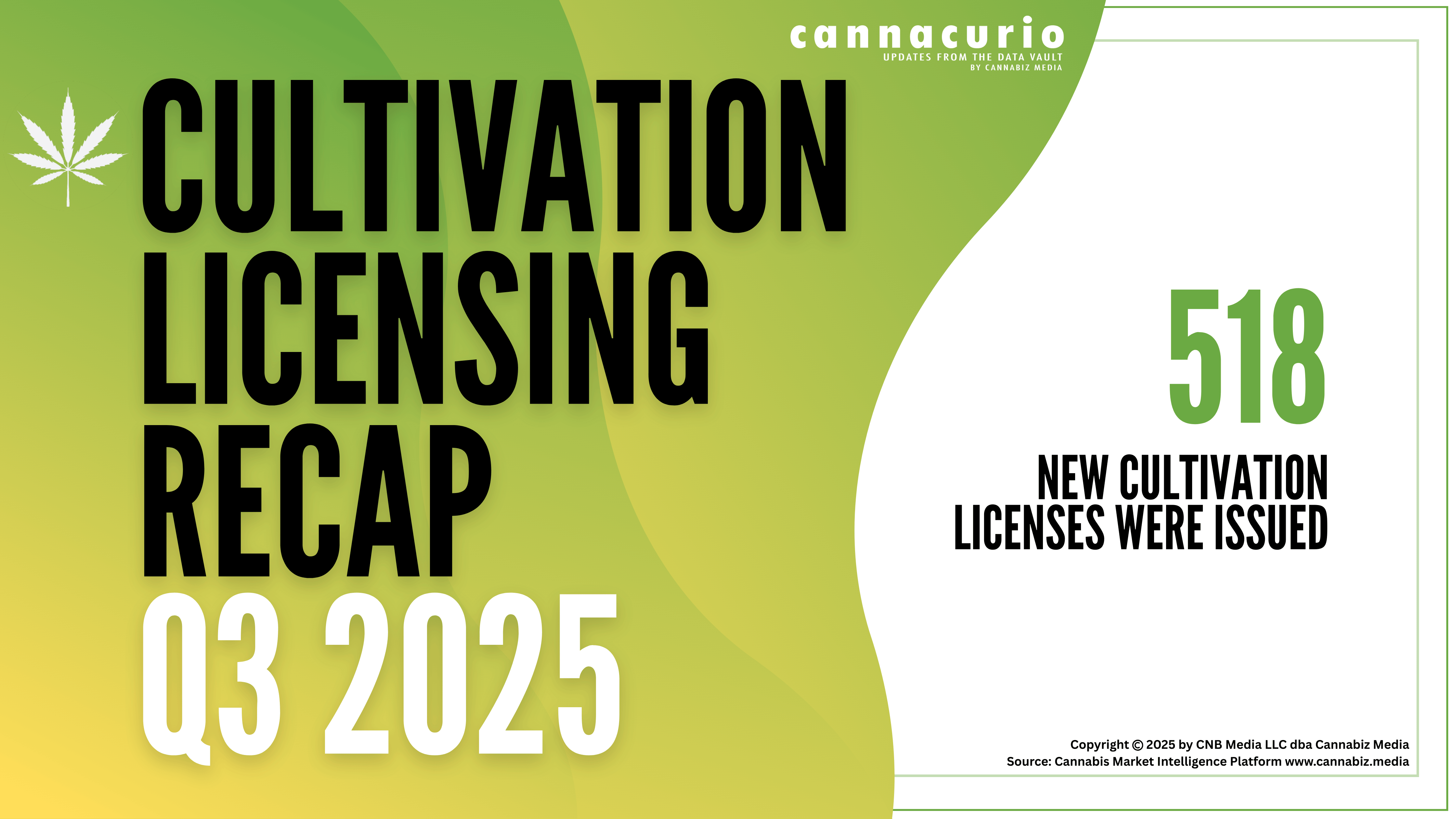
Marijuana Licensing 2017 – Looking Back and Looking Forward
As we close out the first month of 2017, it’s a good time to reflect on how far marijuana licensing has come in the past 12 months—and what a year it’s been!Throughout 2016, a few topics dominated the marijuana licensing conversation and with good reason. Each of these topics had a direct effect on the growth of the industry, the ability of patients to access medical marijuana, and the profitability of marijuana-related businesses.
Laws and Business Growth
Regulations and their effects on both the marijuana industry and business growth was a topic that no one could ignore in 2016. From the burden of state vs. local regulations to regulations that make marijuana businesses unprofitable, there was always something to talk about.
In fact, many states’ marijuana programs lagged behind specifically because of tight regulations and restrictive laws that limited growth. Even industry trends affect business growth, but perhaps most interesting of all are the strange marijuana laws that Cannabiz Media’s Vice President of Government Relations, Ed Keating, discussed with Yahoo TV in December. If you haven’t seen that video, you can watch it below.
Unfortunately, the far-reaching effect of laws on business growth in the marijuana industry is still a topic of conversation in 2017. For example, this month, we learned that the will of voters doesn’t always lead to equivalent changes in regulations.
Money and Taxes
As you might expect, money and taxes were top of mind for everyone in the marijuana industry throughout 2016 as well as for people who wanted to get into the industry. We saw top bankers and investors eying the marijuana industry, and some of those investors sought creative ways to enter the industry.
At the same time, states looked for new opportunities to make more money from marijuana. Some towns in Massachusetts developed unique ways to make money on marijuana licenses while Washington made $23.5 million on excise taxes alone in July 2016!
You can be certain that other states are taking notes and will find their own ways to generate revenue from the growing marijuana industry in 2017.
Regulation Delays
Despite the allure of revenue for states, government officials aren’t necessarily diving into the marijuana industry. As I mentioned above, tight regulations directly affect industry and business growth, but regulation delays not only slow down growth but can actually stagnate it.
Over the past 12 months, we saw several examples of this. In October 2016, Michigan finally released its marijuana regulations—eight years after voters approved medical marijuana. Michigan isn’t the only state guilty of holding up industry growth due to the slow release of regulations. Over the years, delays have stretched to more than 20 years!
These types of delays are unlikely to stop in the near future. For example, while voters in Massachusetts approved recreational marijuana in the November 2016 election, which would make it legal on January 1st of this year, the state’s government delayed recreational sales for up to six months in a sneaky December 2016 vote.
Patients and Consumers
We also saw some progress for medical marijuana patients and recreational marijuana consumers in 2016. While the bad news was that medical marijuana can come with high price tags in some states, the good news was that more people could access it in 2016.
Not only did some states add more qualifying conditions, but also, in the November 2016 election, residents in four additional states voted to legalize medical marijuana while residents in another four states voted to legalize recreational marijuana.
This month, new research was released showing that science has proven the medical benefits of marijuana. Research like this study is critical to ensuring the industry continues to grow.
Cannabiz Media Then and Now
Over the course of the past 12 months, Cannabiz Media has evolved, too. Some of our team’s most significant 2016 accomplishments include a complete re-architecture of our product (moving from an alerts-based email product to the searchable Cannabiz Media Database that helps users target relevant licenses) and the release of the Marijuana Licensing Reference Guide: 2017 Edition, which includes all of the relevant rules and regulations affecting the business climate for marijuana businesses.
Today, the Cannabiz Media Database tracks over 12,000 marijuana licenses in 25 states, including over 8,000 contacts linked to those licenses. In 2017, we’ll be launching version 2.0 of the Cannabiz Media Database, which will be faster than ever. We’ll also introduce a production version of our License Verification API and a consumer guide to marijuana in February.
While 2016 has been a year of both volatility and growth in the marijuana industry, Cannabiz Media continues to work tirelessly to bring our customers the information they need to meet their sales, competitive intelligence, and business intelligence needs. The team is excited to execute its vision in 2017. Thanks for coming along on this constantly evolving ride with us!

.png)

